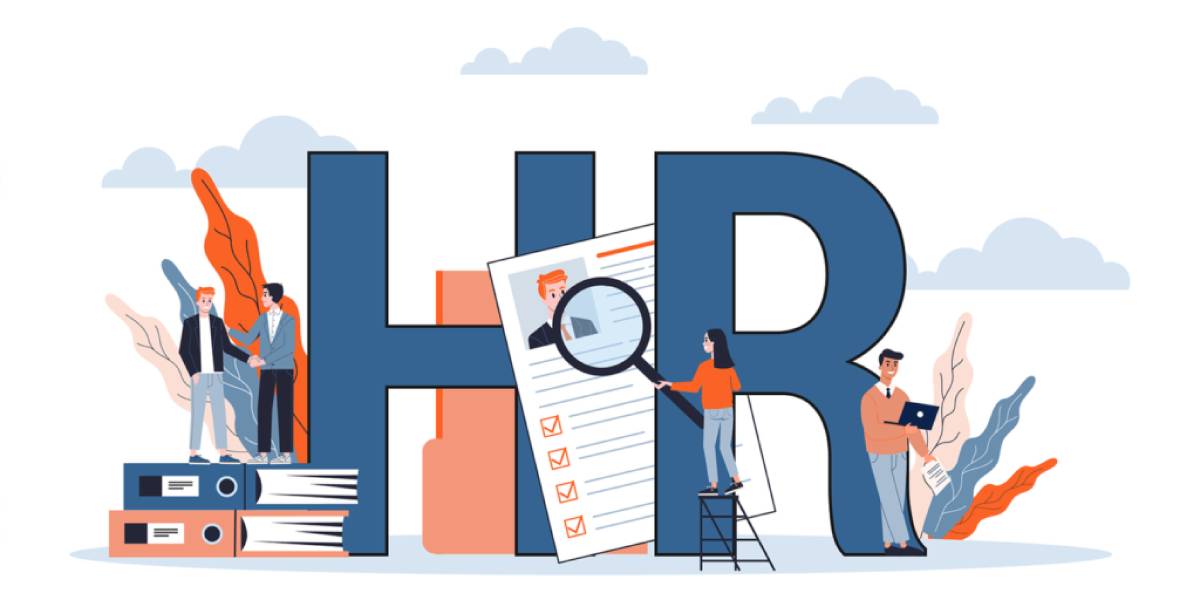Appraisal means a serious look at how well an employee is doing at work. It’s like a review that checks what they are good at and where they can improve. This helps in growing as a professional and making sure the individual’s efforts match with what the organization wants to achieve.
Appraisal is like checking how well someone did their job and what they accomplished. It’s not just about finishing the task but also looking at how good and efficient the person was and how their work affected the organization.
Methods of Performance Appraisal
Performance appraisal is about looking at how well employees are doing at work. There are different ways to do this, like having employees rate themselves, getting feedback from their colleagues, or having their supervisors evaluate their performance. These methods help organizations assess and give feedback to their employees.
Every method gives a different view of how well someone is doing at work, making sure we really understand their contributions. For example, self-assessment lets employees think about what they’ve achieved. Peer reviews get input from colleagues who see their daily work. Supervisor evaluations, on the other hand, give a perspective from the top, combining all these views to get a complete picture.
- Performance Appraisal
System
The “Performance Appraisal System” is a planned framework that directs how workers at different levels are judged, and it’s key to the process of managing performance. It doesn’t just check how each person is doing alone but also matches these tests with the bigger aims of the group. - Organizational
Appraisal
Organizational appraisal means checking how an employee’s work helps the whole company succeed. This approach makes sure that what each person does matches the company’s overall plan. When employees are recognized and rewarded for their part in reaching the company’s goals, the performance appraisal system becomes a way to bring together individual goals and the success of the company. - HR Appraisal
System
The “HR Appraisal System” is the key part of looking after how well workers do within a company. It’s about putting in place, checking and improving the ways we evaluate how well someone is doing. This system is made to check what’s been done before and also find chances for getting better, growing, and making skills stronger.
In this situation, the HR appraisal system acts as a guide for employees, helping them on their career path. It shows a path for getting better, giving tips on where extra help, training, or guidance might be useful. By encouraging a culture of always getting better, the HR appraisal system becomes an important tool for improving individual skills and making the whole organization more effective.
Basically, appraisal is how companies look at and value the work their workers do. By using a full review system, companies can grow an atmosphere of always getting better. They match personal wins with business goals and set up the path for both personal and group success.
Time Champ makes it easy for HR managers to see how well employees are doing their jobs. It simplifies the process of supporting everyone to work better together, ultimately contributing to the growth of the company.
FAQs
The review process, also called a performance check or job look-over, is an organized and official test of how well someone does their work. Usually, it means looking at what the worker has done well, their abilities and good points, as well as spots they could get better in. The plan is made to give advice, set how well you should do your work and help with getting better at your job. It could have things like setting targets, having regular talks for advice and talking about how the job can move forward. The main aim of the evaluation system is to boost how well workers do their job, link personal successes with company goals and grow a setting in work that’s always getting better.
Staff performance appraisal involves a few key steps:
- Set Clear Expectations: Define job responsibilities and expectations clearly at the beginning of the performance period.
- Regular Feedback: Provide ongoing feedback throughout the year, not just during formal reviews.
- Self-Assessment: Encourage employees to reflect on their performance and self-assess.
- Objective Evaluation: Evaluate performance against predetermined goals and job expectations.
- Two-Way Communication: During the appraisal meeting, engage in open dialogue, discuss strengths, areas for improvement, and set goals for the future.
- Recognition and Development: Acknowledge achievements and provide opportunities for professional development.
- Documentation: Keep a record of discussions, goals, and outcomes for future reference.
- Follow-up: Schedule follow-up sessions to track progress and adjust goals if needed.
Remember, the key is to make the process collaborative, focusing on growth and improvement rather than just assessment.
Self-assessment, peer reviews, and supervisor assessments are some of the approaches used for performance appraisal. These methods offer several viewpoints on an employee’s performance, ensuring a thorough understanding of their contributions to the organisation.
The Performance Appraisal System is a standardised framework for evaluating employees at different levels. It examines individual performance while also aligning these assessments with the organization’s overall goals. It ensures that individual efforts contribute to the overall success of the organisation.
Organisational assessment involves assessing how an employee’s work contributes to the overall success of the company. It ensures that individual actions are consistent with the company’s overall plan. When employees are recognised and rewarded for their contributions to company goals, it enhances the connection between individual achievements and company success.

